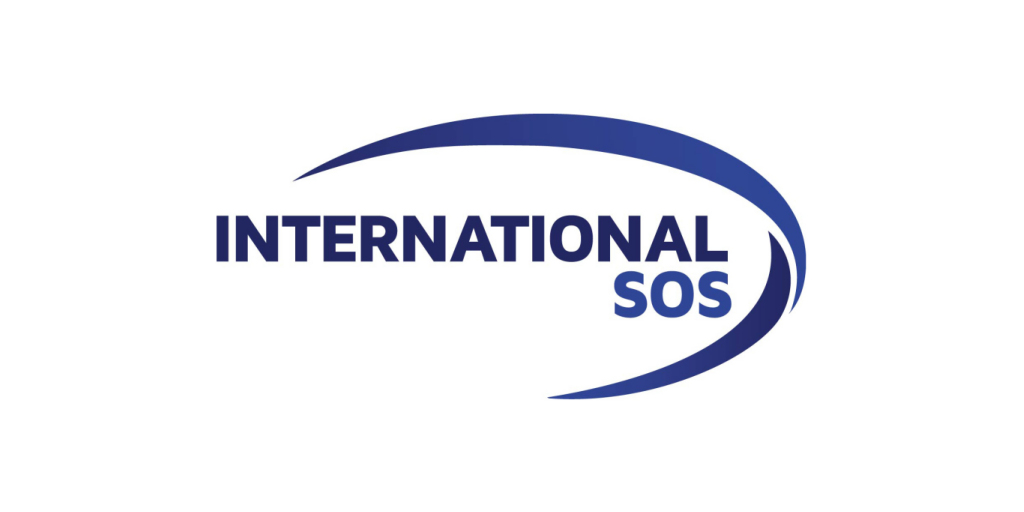Traditional Understanding of Duty of Care has Changed Due to COVID-19
Traditional Understanding of Duty of Care has Changed Due to COVID-19

22 January 2021, Kuala Lumpur – In these difficult times, it is vital that businesses address the issue of mental health head on, developing a sophisticated mental wellness strategy to fulfil duty of care responsibilities and help employees with their mental health resilience. Beyond the obvious positives implementing these strategies would have for employees, businesses have a direct interest in investing in creating a mental wellness program; according to data from International SOS’ recent Risk Outlook 2021, 1 in 3 risk professionals believe that mental health issues will contribute significantly to declining productivity levels this year. A business that supports employees appropriately will therefore likely be in a better, more productive place than one that does not.
David Ng, Managing Director, Malaysia & Myanmar, International SOS, shared, “According to the Malaysian Health Ministry, over 37,000 calls were made as of November 2020 to helplines during the pandemic, with 53.3% of them seeking emotional and psychological support. In the new business environment, the traditional understanding of Duty of Care has changed. It is crucial for Malaysian leaders and employers to recognise the responsibility they have in caring for the mental health of their employees. This includes addressing wider lifestyle issues such as good eating and sleeping habits, alcohol or substance abuse, fitness, exercise and even ergonomics.”
In line with this, International SOS shared some key strategies Malaysian businesses should look to implement to promote resilience, helping their employees deal with any potential mental health issues:
- Take steps to check in individually with every employee
This may appear an obvious first move to implement regarding maintaining a robust mental wellness strategy, but it is nonetheless an essential one. It is important for businesses to treat every employee as an individual; different people will be responding to the stress brought on by the pandemic in different ways and it will be potentially causing a range of mental health issues for many employees. The first step towards recognising these comes with actively checking in with employees in a one-to-one situation, as this can allow businesses to form a greater understanding of how they’re coping through this particularly difficult period. This can also be done by carrying out Mental Health or Resilience Surveys with tools that have scientifically been validated and can uncover individual pain points.
- Make sure people have and are aware of secure routes for reporting their mental health issues
Strategies which look to engage with employees and directly ask them about how they’re doing should be accompanied by more subtle routes for people to gain help. Often people may feel intimidated to discuss their mental health with the colleagues and manager they work with on a day-to-day basis, as they may have anxiety about the way they’re perceived. To counter this issue, it is important that employees are able to discuss their mental health issues with people within a business away from their direct teams, preferably a HR manager or someone with mental wellness training. Removing the stigma to discussing mental health issues is an important part of creating a culture of health within an organisation. Getting leaders to walk the talk is key.
- Allow and encourage employees to take breaks
To be at our most productive, it is important to take regular breaks within the workday. One useful, and easy to implement, technique is the Pomodoro Technique. This involves using a timer (the ‘Pomodoro’ original or other timer), to break down work into intervals, separated by short breaks. The steps of the technique are: Decide on the task to be done and set a timer, usually to 25 minutes, and work on the task. When the timer rings, put a checkmark on a piece of paper and take a break. If you have fewer than four checkmarks, take a short break of three to five minutes and then reset the timer. After four checkmarks, take a longer break of 15–30 minutes. Then start the technique again, resetting your checkmark count to zero. This has been proven to help improve concentration and avoid procrastination, as well as providing a sense of achievement as tasks are completed.
- Consider the information employees are receiving
People are bombarded in their daily, technology-filled, lives with more and more information and it is hard to get away from it. Some of the information around the Coronavirus is poor quality and factually inaccurate – feeding feelings of mass hysteria and paranoia. Both a lack of information and poor-quality information has been shown to increase irrational thinking. Checking in with employees on a personal level to make sure they are receiving information from legitimate sources is an important task for employers. It can help employees form an understanding of the situation in the world which counters many of the negative conspiratorial narratives we’ve seen come about as a result of the pandemic.
- Provide employees with the tools to help them, understanding the level of personal responsibility which must be encouraged
Ultimately businesses need to be focused on creating the conditions in which an individual employee is able to take responsibility for their mental wellbeing, finding the particular strategies which work for them. This links fundamentally to the workplace culture businesses cultivate; a culture which promotes self-care and provides the tools for this can be invaluable for employees. If people feel like they have the option of going for a lunchtime walk to a local park, getting some much-needed fresh air and exercise, then they are far more likely to so but the decision to go ahead with this still rests with them. With many employees working from home encouraging personal responsibility regarding mental wellness becomes an even more important task, as organisations in the current set up simply have a lot less direct oversight on employees.
For further information on how International SOS supports organisations and their people around the world, go to www.internationalsos.com.



